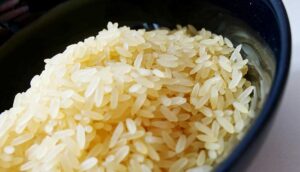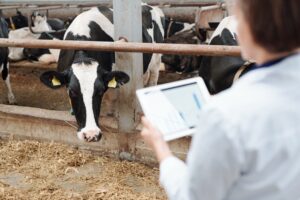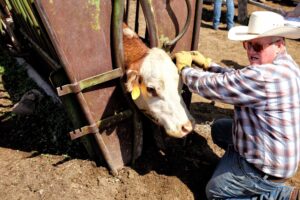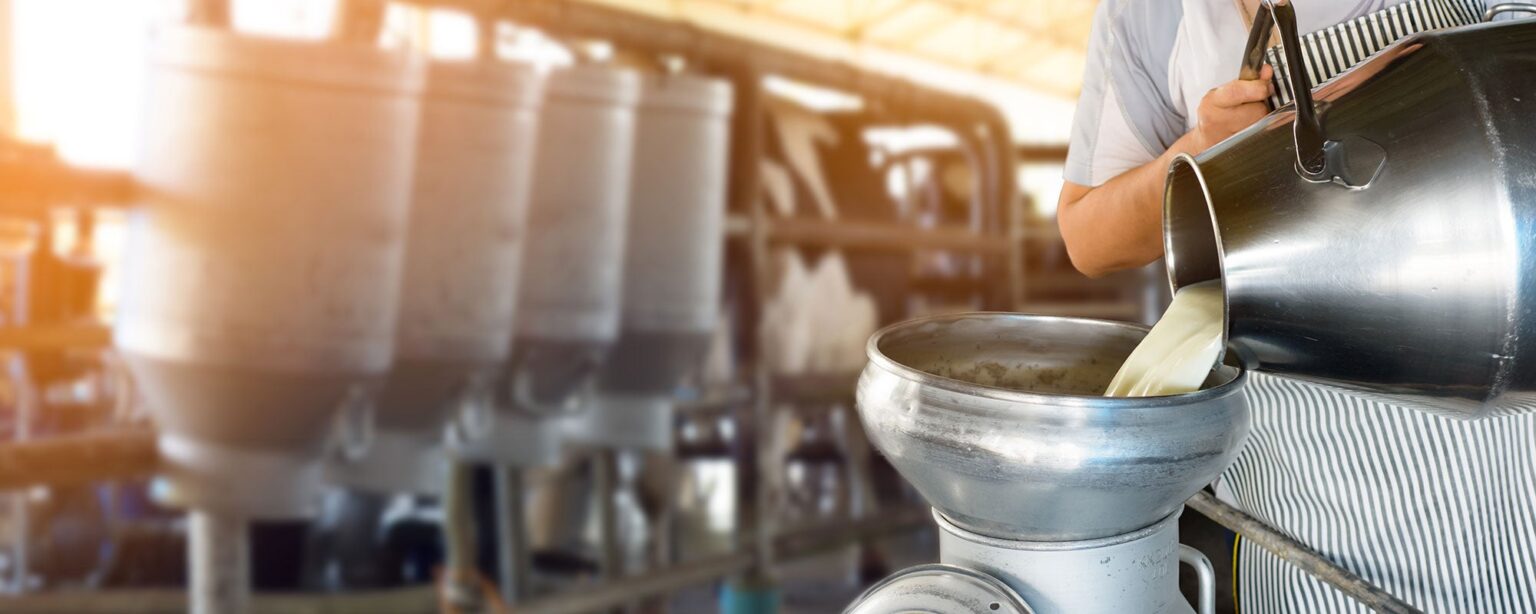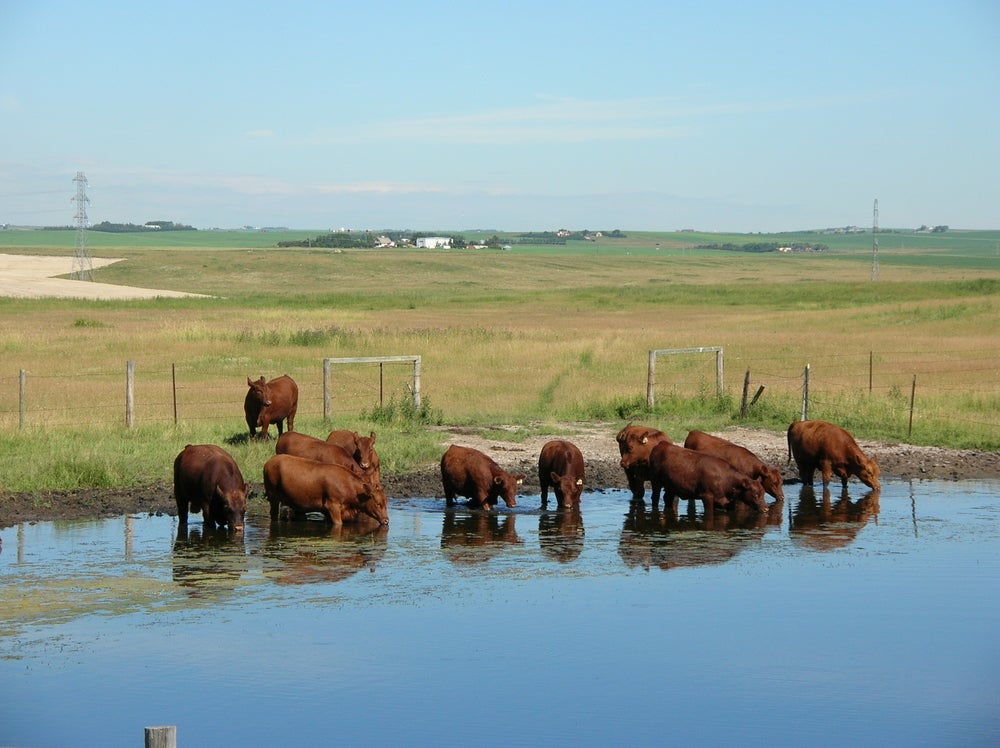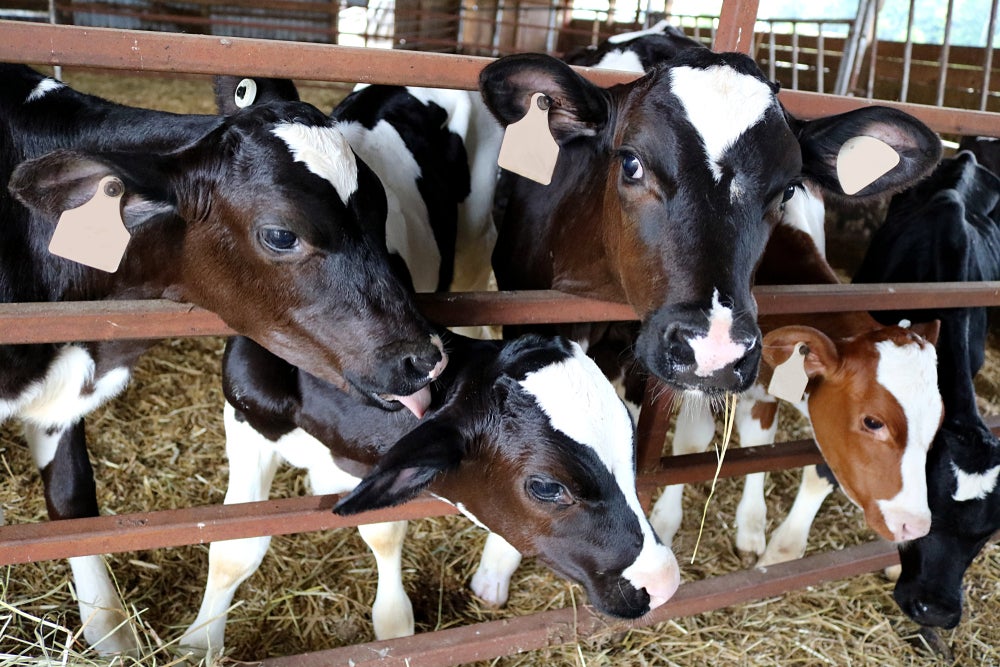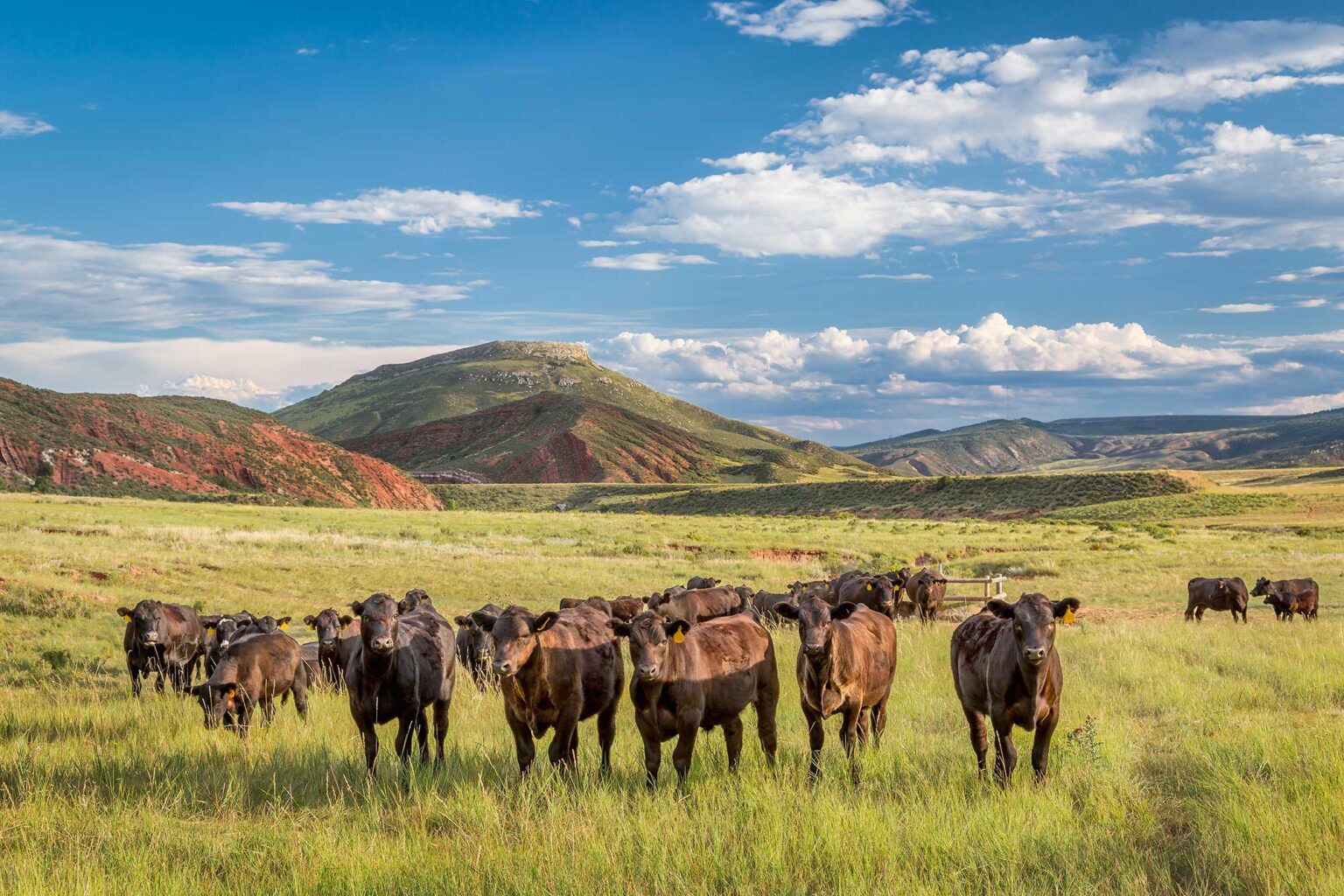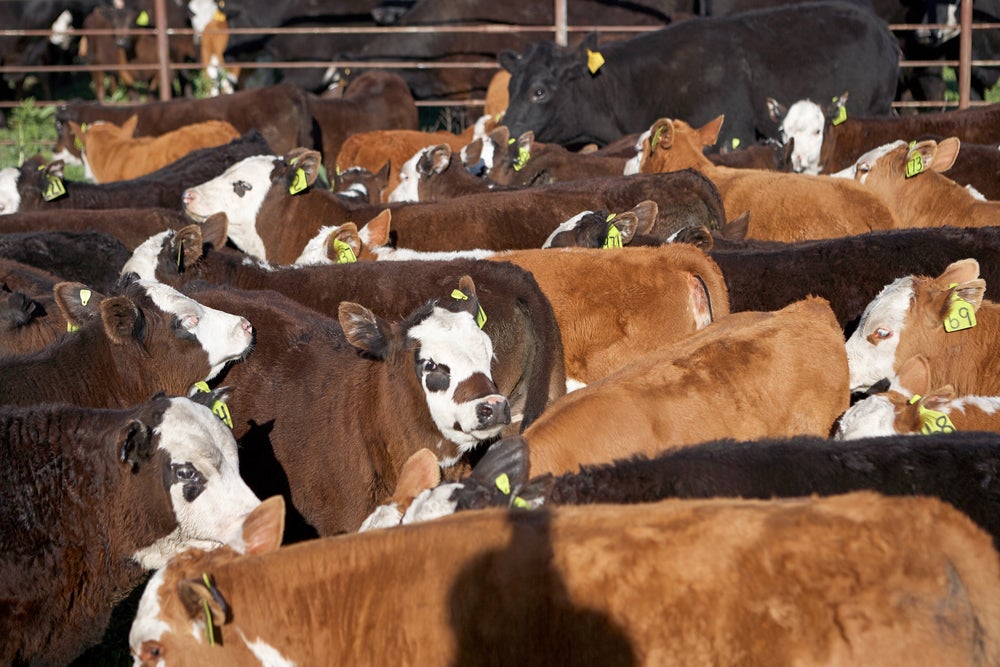Subscribe to Updates
Get the latest agriculture news and updates directly to your inbox.
Author: staff
The New Mexico Department of Health is warning New Mexicans to avoid raw dairy products following the death of a newborn from Listeria infection. Health officials believe the most likely source of infection was unpasteurized milk the infant’s mother drank during pregnancy. While investigators cannot pinpoint the exact cause, the death underscores the risks raw dairy poses to pregnant women, young children, elderly New Mexicans and anyone with a weakened immune system. “Individuals who are pregnant should only consume pasteurized milk products to help prevent illnesses and deaths in newborns,” said Dr. Chad Smelser, deputy state epidemiologist for the New…
A new national report from the Modern Ag Alliance argues U.S. farmers are entering one of the toughest stretches in a generation — caught between tightening margins, volatile markets, and uncertainty about the tools they rely on to protect yields. In the State of the American Farmer (January 2026), the findings reveal an industry in crisis. Farmers are facing rising input costs, declining commodity prices, and growing regulatory uncertainty, contributing to increasing concern about the long-term viability of their operations. In this environment, farmers stress that maintaining access to proven crop protection tools is essential to producing enough food and…
In January, at a rodeo in Edna, Texas, something happened that reminded everyone that this sport is bigger than any payout. Riding a horse named Catolena, roper Elijah Faske caught his very first live calf. And in that instant, the arena didn’t just cheer – it (and social media) erupted. Image by Jennings Rodeo Photography Elijah’s run at the Texas Junior High Rodeo Association Region 7 Rodeo wasn’t just about the clock. Elijah is legally blind. His vision is 250 over 20 in his only seeing eye, and because of a congenital eye condition called coloboma, some areas of his…
With the U.S. cattle herd at its smallest size since the early 1950s, Texas Agriculture Commissioner Sid Miller is calling for a federal tax credit aimed at encouraging producers to retain heifers and begin rebuilding the nation’s shrinking cattle supply. Miller’s comments follow the U.S. Department of Agriculture’s latest Cattle report, which pegged the national herd at 86.2 million head as of Jan. 1, 2026 — a level widely described as the lowest in 75 years. The report showed continued declines in beef cows, calf crop totals, and cattle on feed, underscoring how slow and uneven any broad-based expansion remains.…
DAILY Bites The Ag Economy Barometer fell sharply in January, dropping from 136 in December to 113, as both current conditions and future expectations weakened. Farm finances look more strained: one-half of producers said they’re worse off than a year ago, 30 percent expect worse performance ahead, and operating-loan needs are rising with more producers citing carryover debt. Export anxiety intensified, especially for soybeans: more producers expect exports to decline over the next five years, and 80 percent are concerned about U.S. soybean competitiveness versus Brazil. DAILY Discussion Farmer confidence took a notable step backward at the start of 2026,…
A Hiroshima University-led project has secured a $1.8 million grant from the Gates Foundation to develop a way to store bull semen using simple refrigeration instead of costly liquid nitrogen, a shift that could remove a major barrier to modern dairy cattle breeding that has long excluded farmers in low-resource regions. If successful, the technology is expected to deliver far-reaching benefits to food security and livelihoods in local communities. The project, headed by Professor Masayuki Shimada of Hiroshima University’s Graduate School of Integrated Sciences for Life, received the grant in October 2025, marking the second time his laboratory has secured…
Image by Arina P Habich, Shutterstock Sunday’s big game will be the main focus for millions of America’s families, but what they eat during the game will be a close second. The NFL championship represents the second-highest day of food consumption, behind only Thanksgiving. The event offers a snapshot of the strength and reach of U.S. agriculture, along with the historic challenges facing America’s farmers and ranchers. In the latest Market Intel, American Farm Bureau Federation economists analyzed the most popular snacks and the economic pressures on farmers who grow the food fans count on. “As fans gather around their…
Image courtesy of Bureau of Land Management, Flickr On Monday, the Public Lands Council and the Bureau of Land Management signed a memorandum of understanding to promote cooperative monitoring of grazing allotments on BLM lands. The MOU will help public lands ranchers and local BLM officials cooperate to collect and analyze data on rangeland health to ensure higher quality management of federal rangeland. “Federal lands ranchers manage millions of acres of federal land through livestock grazing as well as voluntary conservation work, ranchers strive to improve range conditions every day. To help boost these management efforts, data is needed to…
DAILY Bites New guidance issued February 2, 2026, says farmers and equipment owners have the legal right to repair nonroad diesel equipment, helping cut costs and downtime. Federal clean air law allows temporary disabling of certain emissions controls for repair, as long as equipment is returned to proper working condition afterward. Manufacturers can no longer cite clean air law to block access to repair tools, software, or information needed by farmers and independent repair shops. DAILY Discussion The U.S. Environmental Protection Agency on Monday announced new guidance that clarifies farmers and equipment owners have the legal right to make their…
The U.S. cattle herd started 2026 a little smaller than a year ago, and the latest U.S. Department of Agriculture numbers suggest any broad-based rebuild is still more talk than reality. As of Jan. 1, 2026, the United States had 86.2 million head of cattle and calves on farms and ranches, according to the USDA’s National Agricultural Statistics Service. That total is slightly below Jan. 1, 2025, continuing the industry’s multi-year contraction. NASS’ annual Cattle report includes several figures producers watch closely for clues about supply, replacement intentions, and what the next 12–24 months could look like for feeders and…


